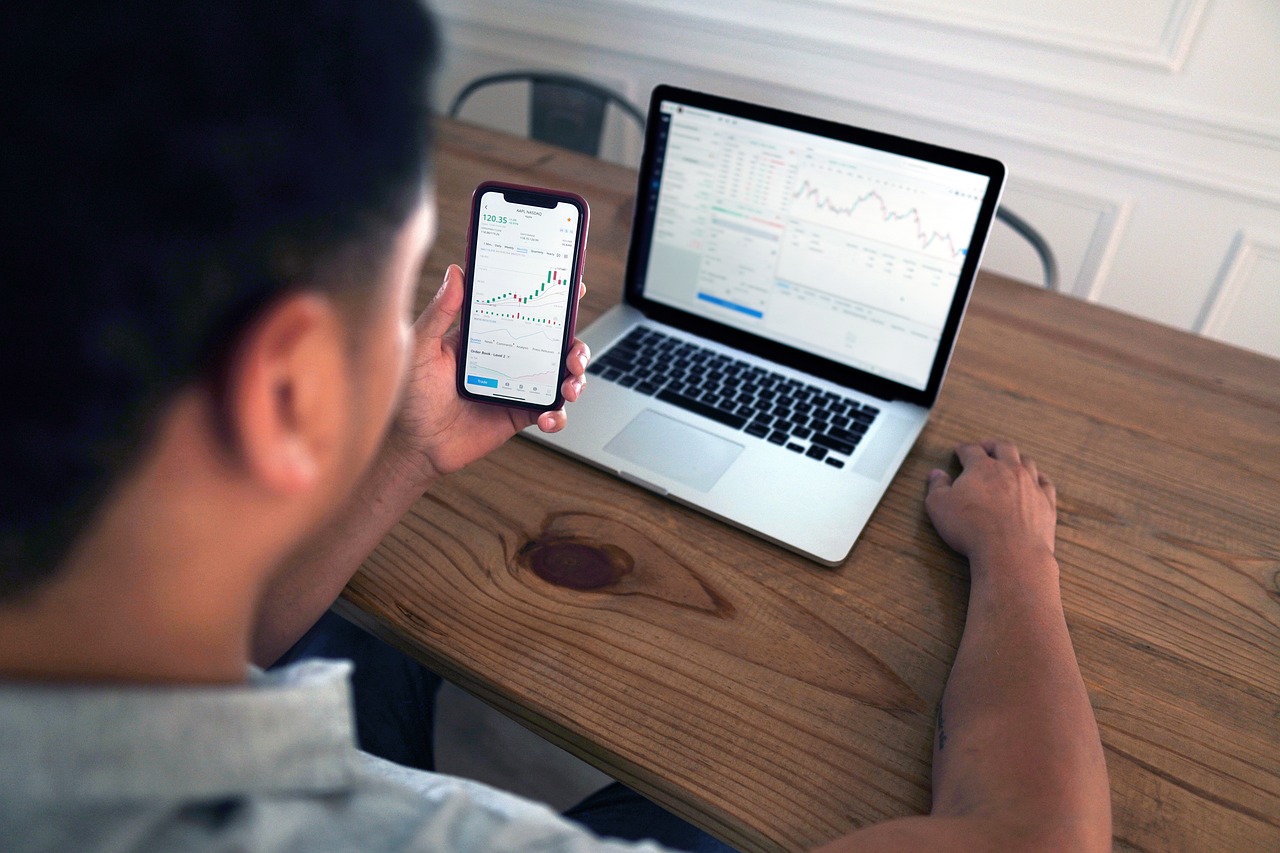Forex trading, also known as foreign exchange trading, is a popular way to invest and speculate on global currencies. It offers a lot of opportunities for profit but also comes with significant risks. To ensure fair and safe trading, governments and financial regulators have implemented various regulations and legal requirements. In this article, we will discuss the import regulations and legal considerations for forex trading. To know more you can visit the-newsspy.app
Regulatory Authorities
The forex trading market is a global entity that operates continuously, 24 hours a day, for five days each week. Consequently, it is subject to regulation by various governing bodies worldwide. Each country has its specific regulatory authority responsible for overseeing forex trading activities within its jurisdiction. Notable examples of these regulatory authorities include the Financial Conduct Authority (FCA) in the UK, the Commodity Futures Trading Commission (CFTC) in the US, and the Australian Securities and Investments Commission (ASIC) in Australia.
These regulatory bodies ensure that forex brokers and traders comply with the regulations and standards of the market. They require brokers to maintain certain capital requirements, provide transparent pricing, and segregate client funds from the broker’s own funds. These measures protect the traders’ interests and reduce the risks of fraudulent activities.
Licensing And Registration
Forex brokers are required to obtain licenses or register with regulatory authorities to offer their services legally. The licensing and registration process varies from country to country. In some countries, like the US, forex brokers must be registered with the National Futures Association (NFA) and the CFTC. In other countries, like the UK, forex brokers must obtain a license from the FCA.
Before choosing a forex broker, traders should always check if the broker is licensed or registered with the appropriate regulatory authority. Unlicensed brokers often operate illegally and can pose significant risks to traders, such as fraud, mismanagement of funds, and poor trading conditions.

Know Your Customer (KYC) And Anti-Money Laundering (AML) Policies
In forex trading, the implementation of Know Your Customer (KYC) and Anti-Money Laundering (AML) policies is of utmost importance to combat fraud, money laundering, and other illicit activities. KYC policies necessitate brokers to verify the identity of their clients and ensure that they are not involved in any criminal undertakings. AML policies mandate brokers to monitor their clients’ transactions diligently and promptly report any suspicious activities to the relevant authorities.
Traders should anticipate the need to provide personal identification documents and other pertinent information to their forex brokers during the account opening process. This standard KYC procedure ensures compliance with regulatory obligations. Depending on the client’s country of residence and trading activity, brokers may require additional documents or information to fulfill regulatory requirements effectively.
Risk Disclosure Statements
Forex trading involves significant risks and is not suitable for everyone. Brokers are required to provide risk disclosure statements to their clients before opening a trading account. These statements outline the potential risks associated with forex trading, such as market volatility, leverage, and margin calls.
Traders should carefully read and understand the risk disclosure statements before trading. They should also evaluate their own financial situation, risk tolerance, and investment goals. Forex trading should only be undertaken with money that traders can afford to lose, and they should never trade with borrowed funds or money intended for other purposes.
Leverage Limits
Leverage is a popular tool used in forex trading to amplify profits. However, it also amplifies losses and can lead to significant financial losses. To protect traders from excessive leverage and reduce the risks of margin calls, regulatory authorities impose leverage limits on forex brokers.
The leverage limits vary depending on the regulatory authority and the country. For example, in the US, the maximum leverage for major currency pairs is 50:1, while in Europe, it is limited to 30:1. Traders should always check the leverage limits of their brokers before trading and understand the potential risks and rewards of using leverage.
Conclusion
While forex trading presents ample profit potential, it is crucial to acknowledge the substantial risks it entails. To establish an environment of equitable and secure trading, governments and financial regulators have introduced a range of regulations and legal prerequisites. Traders must be well-informed about these regulations and legal aspects before engaging in forex trading. It is prudent to select brokers who are licensed and registered, comprehend the associated risks, and adhere to the stipulated regulatory requirements. By adhering to these guidelines, traders can effectively mitigate risks and optimize the rewards within the realm of forex trading.
Also more: How does Forex Broker Bonus Work at Traders Union?
